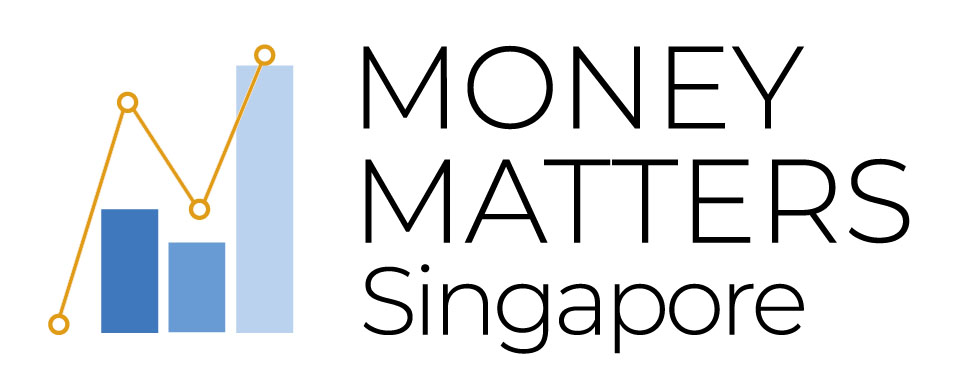A home loan, commonly known as a mortgage, is a financial arrangement that facilitates the purchase of residential properties by providing individuals with the necessary funds. In Singapore, home loans are a crucial component of the real estate market, enabling citizens to achieve the dream of homeownership.
Let’s explore various aspects of home loans in Singapore, from the application process to the intricacies of interest rates and government initiatives.
Securing a home loan in Singapore involves a meticulous application process. Prospective homebuyers typically approach banks, financial institutions, or mortgage brokers to initiate the loan application. Lenders evaluate the borrower’s creditworthiness, considering factors such as income, credit history, and existing debts. Additionally, the property’s value and the borrower’s down payment also play pivotal roles in the loan approval process.
Interest rates are a critical factor that influences the overall cost of a home loan. In Singapore, there are two main types of interest rates: fixed and floating. Fixed interest rates remain constant throughout the loan tenure, providing borrowers with a sense of financial stability and predictability. On the other hand, floating interest rates fluctuate based on market conditions, potentially resulting in variations in monthly repayments.
The Monetary Authority of Singapore (MAS) regulates the financial sector, including mortgage lending. MAS sets guidelines to ensure responsible lending practices and protect both borrowers and lenders. These regulations aim to prevent excessive borrowing, which could lead to financial strain for individuals and pose risks to the stability of the financial system.
Loan tenures in Singapore are typically extended over several decades, with common durations ranging from 25 to 30 years. Longer tenures often result in lower monthly repayments but may incur higher overall interest costs. Borrowers need to carefully consider their financial circumstances and long-term plans when selecting the loan tenure.
Down payment requirements are a fundamental aspect of home loans in Singapore. Borrowers are generally required to make an initial down payment, which is a percentage of the property’s purchase price. The Loan-to-Value (LTV) ratio, regulated by MAS, determines the maximum amount a borrower can loan relative to the property’s value. Higher down payments often lead to lower LTV ratios and may result in more favourable loan terms.
Government initiatives in Singapore play a significant role in supporting homebuyers. The Housing and Development Board (HDB) offers various housing schemes and grants to assist citizens in purchasing their first homes. Additionally, the government periodically reviews property cooling measures to manage market dynamics and ensure housing affordability.
Refinancing is a common practice in the Singaporean mortgage landscape. Borrowers often consider refinancing to secure better interest rates or adjust the loan tenure. While refinancing may offer financial benefits, individuals must carefully assess the associated costs and potential savings before making such decisions.
In conclusion, home loans in Singapore serve as a vital tool for individuals aspiring to own residential properties. With the support of various housing schemes and initiatives, Singapore’s home loan landscape strives to strike a balance between encouraging homeownership and maintaining financial stability.
Back to Article List
